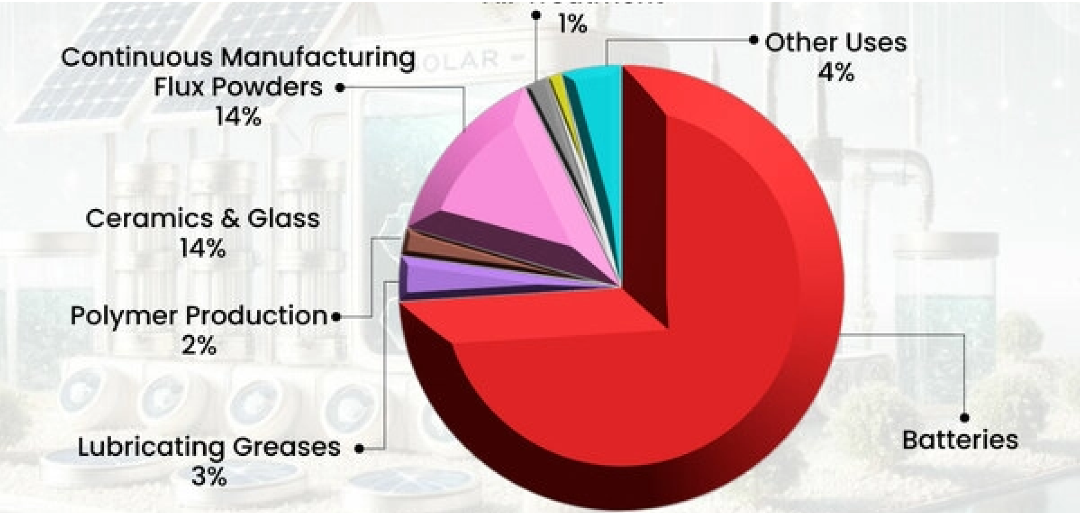New Innovations in Semiconductor Industry to Regulate Water Sustainability
Semiconductors are an important component in the industrial market. Its applications cover a wide range of options in the market. Hence, semiconductor usage in the industries is challenging to reduce. However, the energy market notices that semiconductor manufacturing leads to carbon footprints. Therefore, it may increase environmental carbon emissions that hinder clean energy transition. Research shows that a large amount of water is used to manufacture semiconductors. A recent survey in 2024 shows that water sustainability for semiconductor production is essential.
Based on a survey conducted in 2024, water used in semiconductor manufacturing uses a lot of water. The survey shows that a large semiconductor fabrication facility (Fab) manufactures about 40,000 silicon wafers. This number of silicon wafers manufacturing leads to a water consumption of around 4.8 million gallons of water on a daily basis. Further, the study shows this is equivalent to the water consumption of 60,000 people. Therefore, the risk arises from the semiconductor industry's unplanned and unsustainable water usage. If water usage continues to increase similarly, it will pose a potential risk to the clean energy transition. However, the irony is electric vehicle production demands semiconductors in their output. Hence, semiconductors are important for clean energy transformation, tNew studies have developed techniques to address the clean energy transition. This includes innovative technologies such as pulse-flow reverse osmosis (PFRO) and MAX H20 Desalter. When these two techniques are carried out together, it gives positive results. Further, it significantly helps water sustainability with less expenditure capital, physical involvement, and lower functional costs. Another survey suggests that semiconductor industries can invest more in water recycling. It will help reduce the amount of freshwater used to manufacture semiconductors. Hence, adopting general water management techniques and investing in them can help minimize extra water usage. Semiconductors are important for electrical mobility and other clean energy sectors. Hence, mindful production will lead to balanced sustainability.

